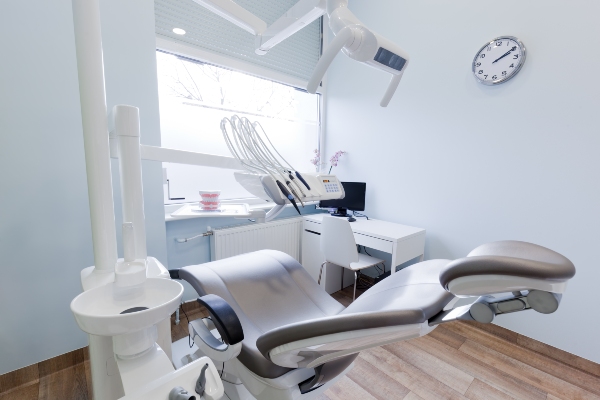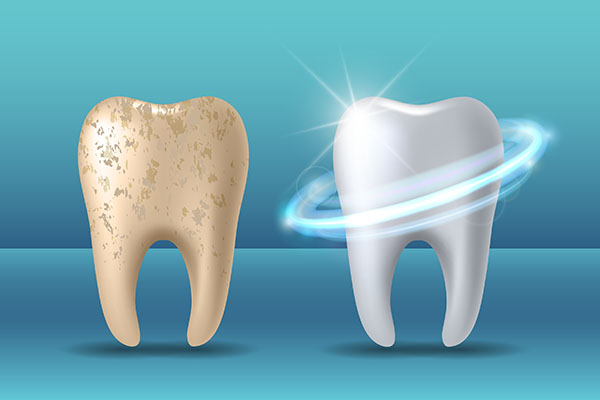How Does One Get Periodontal Disease?

Red, inflamed or swollen gums are often the sign of gingivitis, the first stage of periodontal disease or worse still, periodontitis. Plaque is the most common cause of the condition, but there are several others that can cause gum infection.
The causes of periodontal disease
The following are some of the common ways to get gum disease:
Plaque buildup
Gum disease is usually caused by plaque, which is a film of bacteria that forms on the gums and teeth and removable through daily brushing and flossing. Millions of people in the united states have one form of gum disease. Fortunately, early detection makes it possible to reverse the effects of the disease. A good oral care routine and regular dental checkups at least twice a year can help reduce plaque.
Smoking and chewing tobacco
Smoking inhibits the regular function of the gum tissue cells, making the mouth more susceptible to infections such as gum disease. Chewing tobacco is just as worse. Patients need to avoid the habit to prevent oral health issues.
Nutritional deficiencies
Getting the daily vitamins is difficult, but the deficiency of vitamin c could be detrimental to the gums. A diet with high sugar and carb and low water and vitamin C content is a recipe for periodontal disease. To prevent periodontal disease, it is advisable to drink a lot of water and get a balanced diet that is high in vitamin C.
Certain medications
Some medications cause side effects that can lower the production and flow of saliva, which may cause dry mouth, encouraging the further spread of bacteria. It is advisable to discuss prescription medications with the doctor before use.
Hormonal shifts
Women during pregnancy or their monthly menstrual cycles experience an increase and decrease in hormones, making the gums more prone to disease. Pregnancy does not automatically mean women will experience issues with their gums or teeth, but it means they will have to take extra steps for oral care at the period for oral health. The gums might become irritated, red or bleed slightly when brushing or flossing. These symptoms often disappear after pregnancy, but the dentist should still be aware of the symptoms.
Crooked teeth
It is common for teeth to become crooked, overlap or rotate. However, a crowded mouth can be a breeding area for gum disease, since dental misalignments create more areas for plaque to accumulate and wreak havoc on the teeth and gums. Patients need to take extra care if they have crooked teeth or visit the dentist for teeth straightening.
Family history
The dentist needs to know if there is a history of periodontal disease in the family. It might increase the risk of developing a bacterial infection.
In conclusion
Evidently, there are many potential causes of periodontal disease, all of which are manageable by being proactive with oral care. The best step to take after noticing the signs of the disease is to visit the dental office for treatment. The general dentist will examine the condition of the gums and recommend the appropriate treatment.
Request an appointment here: https://crossstreetfamilydentistry.com or call Cross Street Family Dentistry at (978) 867-0190 for an appointment in our Peabody office.
Check out what others are saying about our dental services on Yelp: Periodontal Disease in Peabody, MA.
Related Posts
Dental crowns stand out among dental restorations as versatile and effective solutions for various oral health issues. A dental crown, or "cap," is designed to cover and encase a damaged or weakened tooth, restoring its strength, function, and appearance.Over the years, advancements in dental technology have led to the development of various types of dental…
Teeth whitening is a way to improve the appearance of your smile by removing stains on highly visible teeth. Professional teeth whitening is performed either in the office or through at-home kits prescribed by the dentist. This review highlights the pros and cons of teeth whitening treatments. The benefits you receive from teeth whitening depend…
Your dentist can help determine if you need dental crowns. There are many reasons for getting these restorations. The main goal is always to restore the tooth and enhance its functions. Here are the signs you may need dental crowns soon.Losing at least one tooth can cause more dental problems. It can lead to dental…
Professional teeth whitening sessions can get you the white set of teeth you have always wanted. It involves using products that contain whitening agents like hydrogen peroxide and hydrogen carbamide to oxidize stains and remove them. What is the difference between professional teeth whitening treatments and the countless products sold at drug stores, you ask?…


